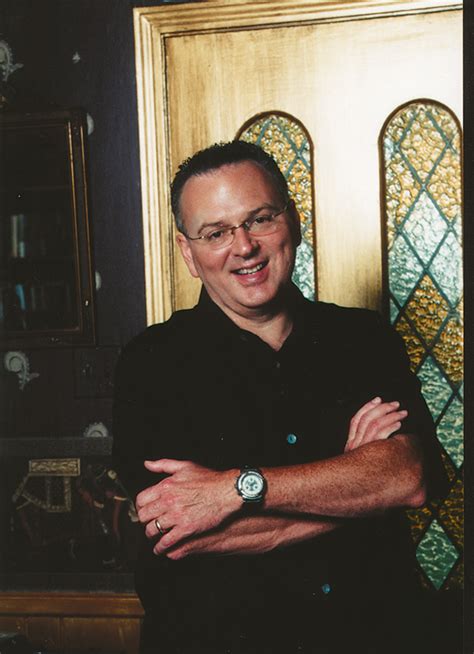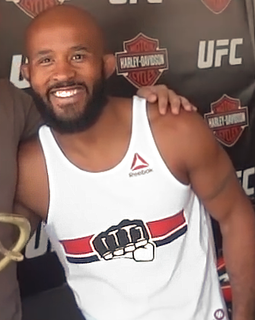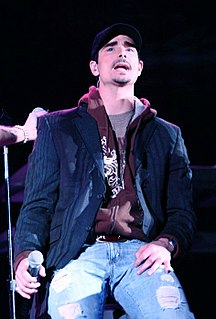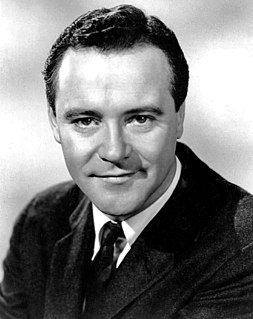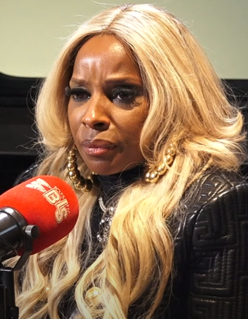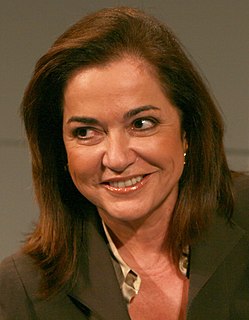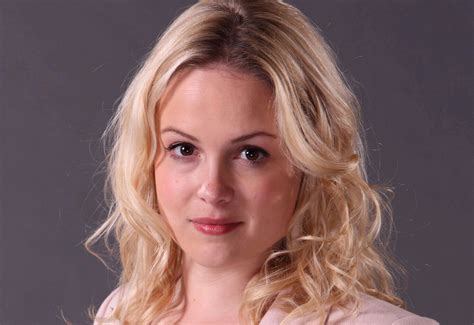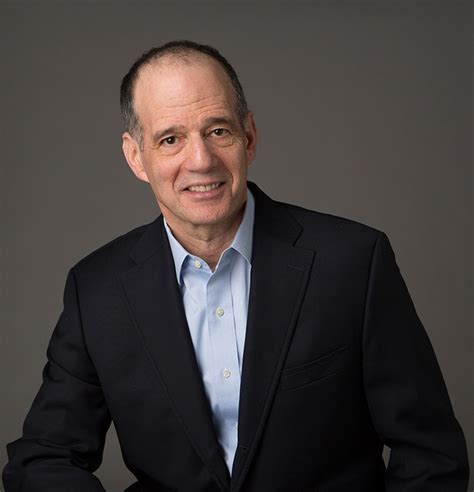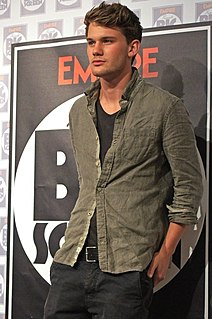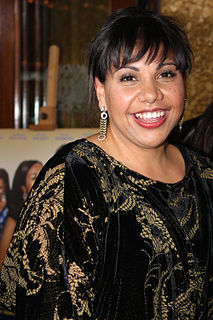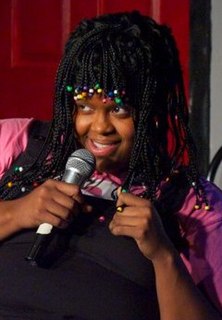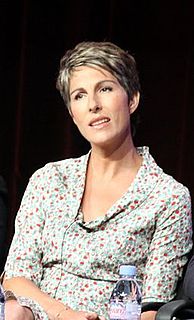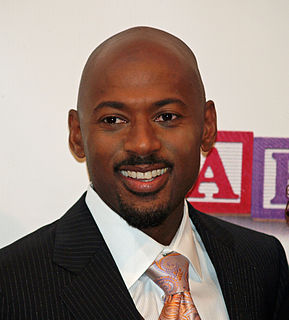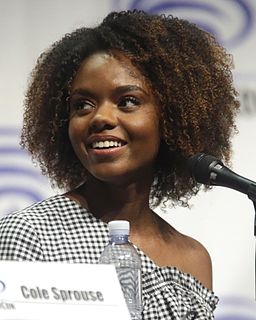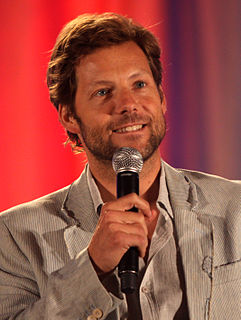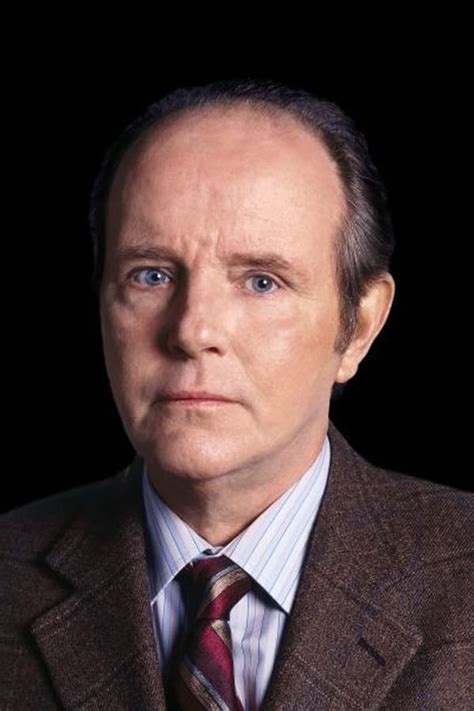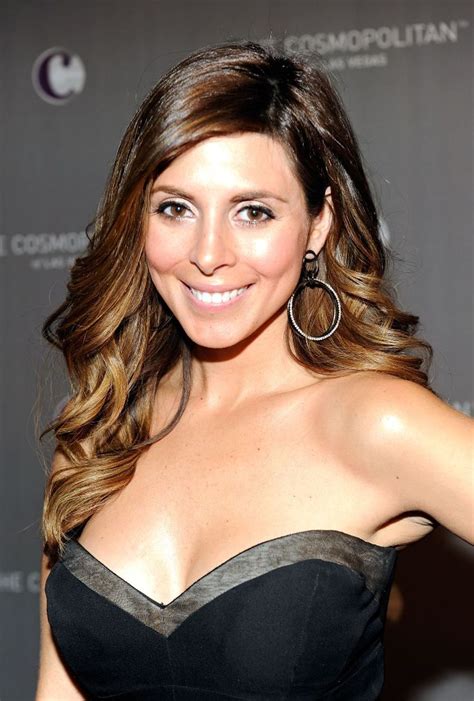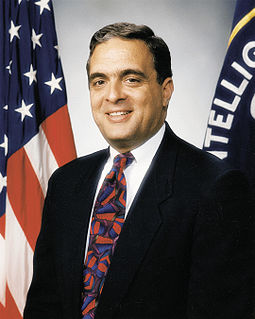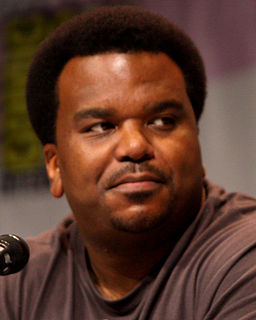Top 1200 Greek Drama Quotes & Sayings - Page 5
Explore popular Greek Drama quotes.
Last updated on November 25, 2024.
There have always been dreamers. Men and women who catch a glimpse of something beyond themselves who dare to reach for goals and visions. .. Yet no earthly dreamer can match the greatest of them all, the Dreamer who died on the cross to make His dream a reality. John 1:1 says, "In the beginning was the Word." The literal meaning of logos, the original Greek term translated as "Word," is idea, thought or blueprint. It is an ancient Greek theatrical term describing the work of a playwright as he conceives, or dreams up, the plot of a play. So we could say, "In the beginning was the dream".
In a film, there are dramatic moments and a bunch of different moments that lead up to a dramatic moment. On some songs, I try to paint the picture of before that drama happens, so by the time you get to the end of the project you've experienced infatuation and intimacy before it dives off to drama.
I wanted 'The South Bank Show' to reflect my own life and that of the team around me; to stretch the accepted boundaries and challenge the accepted hierarchies of the arts; to include pop music as well as classical music, television drama as well as theatre drama, and high-definition performers in comedy.
I am a fan of all genres. My big thing is to serve the purpose of the script and what the director wants. If it's a comedy, I want to be funny; if it's action, I want to bring the action. If it's drama, I want to be the catalyst for that drama. That's the fun part; it never gets boring being an actor.
I wouldn't say I'm personally trying to transition from comedy into drama. I don't look at things like, 'Oh, I need to do a drama now.' I get a lot of material sent to me, and if I feel like something has the creative integrity and the right director and the right whoever involved, the right actors and is a great story, then I do it.
This is a very special Greek kind of socialist, all the social democratic parties in Europe are against this idea and I think that the dividing line today in the Greek political system is not the centre right or socialist, the real dividing line is between those parties and those political forces who really believe that Greece should stay in the Eurozone and make the efforts and change, and make the reforms and change the old and Mr Tsipras who is really resisting any kind of change in Greece.
I'm sure that everything you do contributes to the sort of novel that you write. A lot of actors have an understanding of drama and a good ear for dialogue and also the rhythm of speech. Similarly, my 16 years in radio drama has influenced me. You only have 45 minutes, or 7,000 words, to tell a story, so every scene has to have a point.
In my last year of drama school, I was Abigail in 'The Crucible' and Nina in 'The Seagull,' and I did some Shakespeare with the RSC. That's what casting directors saw me in, and I got put up for a lot of period drama auditions. I always get told I suit the costumes. I don't think I have a very modern-looking face.
As a writer, I haven't delved into dramatic writing. As an actor, I could always, even more so than comedy, do drama. When you do your comedy and your drama, your acting style doesn't change. If it's a comedy, the situations and the characters might be a little funnier, but you're just trying to be honest.
I think the only real referent for anybody writing drama is probably Hamlet. You have the most extreme tragic drama, this sort of blood-boltered thing, but it's also very funny, which is simply a matter of the playwright being alive and observant and entertaining, and understanding not only the world but what will play.
The real challenge in acting is in comedy. It's easier to get that gasp in a drama. Not easy, because you still have to find that emotional pitch. And when you do something in drama and you hear that sob from the audience it's so fulfilling. But as a comic actor, when the laugh is supposed to come and you punch in that line and nothing happens it is dreadful. It's horrific and you feel like dying right there.
Each form of the acting is different. I think it keeps your mind active. TV, film and theater are different disciplines, as are independent films, opposed to studio films. There are differences in the size and the genre, or a period drama as opposed to a contemporary drama, or the types of characters.
Every drama school in the country turned me down, and so I was lucky to study drama at all, even if it was lowly Birmingham University. But even when I came out with my degree, my mother promptly insisted I go straight to secretarial college to have something to fall back on, just in case - which didn't exactly fill me with confidence.
I just did this movie with Kristin Wiig called 'The Skeleton Twins.' That's a straight drama. We play estranged twins, and I end up moving in with her and her husband, played by Luke Wilson. But it's a drama, and the Duplass Brothers produced it and this great guy, Craig Johnson, directed it. And that was great, you know?
Frankly, Django is an American story that needs to be told, when you think of slavery existing in this country for 245 years. In slave narratives there were all types of tales and drama and heroism and pain and love that happened during that time. That's rich material for drama! Everyone complains that there are no new stories left to tell. Not true, there are a whole bunch of them, and they're all American with a capital A.
My parents brought us up in a very clever way, which was that they saw what we were interested in naturally, and then they encouraged whatever that may be. When I started sharing a keen interest in drama and the theater, instead of steering me away from it, they encouraged me to see plays and think about drama school.
Science only means knowledge; and for [Greek] ancients it did only mean knowledge. Thus the favorite science of the Greeks was Astronomy, because it was as abstract as Algebra. ... We may say that the great Greek ideal was to have no use for useful things. The Slave was he who learned useful things; the Freeman was he who learned useless things. This still remains the ideal of many noble men of science, in the sense they do desire truth as the great Greeks desired it; and their attitude is an external protest against vulgarity of utilitarianism.
I realized that the actors that I liked and admired all went to drama school and got an agent that way. So I started when I was about 16 in drama school, and then I knew I had to wait until I was 18 so I could go on auditions, and I tried to get into one of the ones that I liked and then go from there.
